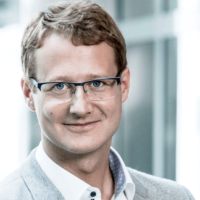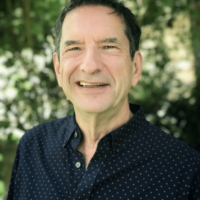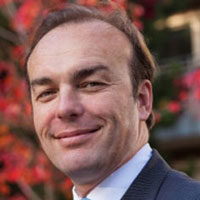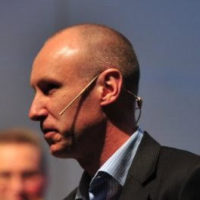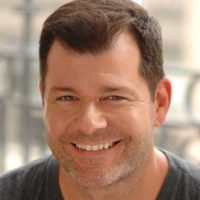Futurist Ari Wallach has identified what may be the fundamental problem we must solve before we can effectively address today’s enormous, civilizational-scale issues: Short-termism. He is certainly not the first person, or the only person, to write or speak about this fundamental problem. However, what gets my attention is his simple yet profound approach to the issue. He calls it Longpath.
Longpath is a practice made up of three transformative ways of thinking that could completely change the leadership conversation today. Wallach emphasizes that Longpath is a practice, not a single action. It’s a process – an approach. And for me, the understanding of Longpath brings another dimension to the art and practice of Transformational Presence.
In his both illuminating and humorous 2016 TEDx talk (see below), Ari Wallach begins by sharing several striking examples of how short-termism is destroying the fundamental wellbeing of our society. Yet then he quickly shifts his focus to describe a creative way forward by outlining his three transformative ways of thinking.
- Transgenerational thinking – Thinking beyond your lifetime and considering the impacts on generations to come. Wallach even goes on to speak about “transgenerational ethics.” Again, the idea is not new – Native American traditions have always taught us to consider the impact of our actions and decisions on seven generations into the future. In my work, I often refer to “cathedral building,” meaning working on projects that we may not see completed within our lifetimes. However, in our current obsession with short-term results, transgenerational thinking feels like a new idea. And just as the term “Longpath” resonates deeply within me, the term “transgenerational” feels very aligned with the lexicon of our times.
- Futures thinking – Ari Wallach points out that, as a culture, when we think about the future, our first thoughts often go to the evolution of technology and what might become possible in that future world. While technology is certainly important, Wallach reminds us that there are also other “futures” to consider. For example, how will our sense of ethics and morality evolve? What is the future for families and social systems? What is the future for compassion and human relations? What about the futures for faith and art? Ari Wallach invites us to consider that we have not just one future to imagine; we have many.
- Telos thinking – The Greek word telos means “ultimate aim” or “ultimate purpose.” Telos thinking invites us to answer just one simple yet powerful question: To what end? In other words, what will be different by taking this step, changing this policy, or shifting this approach? What will come after? And not just a year from now or even five years from now. What will have happened 20, 50, or 100 years from now because we made this choice today?
Ari Wallach invites us to consider “future” not as a noun, but as a verb. Future as a verb invites creativity, innovation, and dynamic presence. Short-termism has limited possibilities. Longpath shows us that there is more – much more. And it’s up to us to co-create that.
What’s your longpath? What’s your organization’s longpath? To what end are you doing what you are doing? Can you hold a vision that stretches far beyond the end of your life?
These are the kinds of questions that can set us on a path toward creating a world that works.
Enjoy the video.
If you enjoyed this blog post and found it helpful or inspiring, please share it with your friends on social media by clicking on the icons below. You are also welcome to make a comment below.
You may subscribe to our free weekly newsletter by clicking here.
Related Blog Posts:



